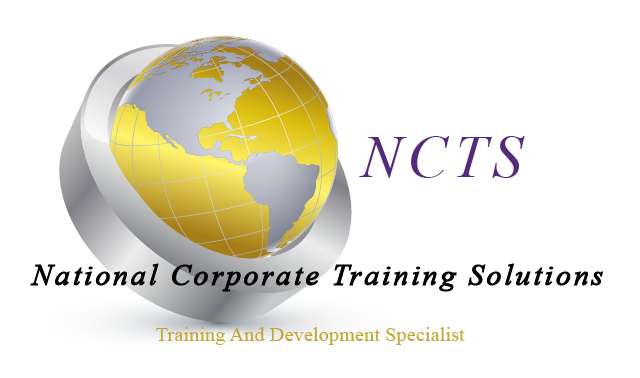Goal Setting and Getting Things Done Outline
Course Description:
Goal Setting is one of the most basic and essential skills someone can develop. What makes a good goal? We touch on goal characteristics, time management, making a to do list, and what to do when setbacks occur. This workshop will provide the knowledge and skills for your participants to complete more tasks and get things done. Our Goal Setting and Getting Things Done workshop will cover strategies to help your participants overcome procrastination. These skills will translate into increased satisfaction in their professional and personal lives. Your participants will learn the Goal Setting characteristics of successful people and in turn will become happier and more productive individuals.
Course Duration: 1 Day (8 Hours)
Course Objectives:
· Overcome procrastination
· Manage time effectively
· Accomplish important tasks
· Self-motivate
· Create SMART goals
Course Outline:
1. Module One: Getting Started
a. Workshop Objectives
b. Pre-Assignment
2. Module Two: Overcoming Procrastination (I)
a. Eat That Frog!
b. Just Do It
c. The 15 Minute Rule
d. Chop It Up
e. Case Study
f. Module Two: Review Questions
3. Module Three: Overcoming Procrastination (II)
a. Remove Distractions
b. Start Small and Build
c. Reward Yourself
d. Set Realistic Deadlines
e. Case Study
f. Module Three: Review Questions
4. Module Four: Four P’s of Goal Setting 1
a. They Need to Be Positive
b. They Need to Be Personal
c. They Need to Be Possible
d. They Need to Be Prioritized
e. Case Study
f. Module Four: Review Questions
5. Module Five: Improving Motivation
a. Remember Peak Moments
b. Write Down Your Goals
c. Use Gamification
d. Track Your Progress
e. Case Study
f. Module Five: Review Questions
6. Module Six: Wise Time Management
a. Urgent/Important Matrix
b. The 80/20 Rule
c. Utilize a Calendar
d. Create a Ritual
e. Case Study
f. Module Six: Review Questions
7. Module Seven: Tips for Completing Tasks
a. One Minute Rule
b. Five Minute Rule
c. Break Up Large Tasks
d. Utilize Technology
e. Case Study
f. Module Seven: Review Questions
8. Module Eight: Increase Your Productivity
a. Repeat What Works
b. Get Faster
c. Remove “Should” from Your Dictionary
d. Build on Your Successes
e. Case Study
f. Module Eight: Review Questions
9. Module Nine: “To Do” List Characteristics
a. Focus on the Important
b. Chunk, Block, Tackle
c. Make It a Habit
d. Plan Ahead
e. Case Study
f. Module Nine: Review Questions
10. Module Ten: Smart Goals
a. Specific
b. Measurable
c. Attainable
d. Realistic
e. Timely
f. Case Study
g. Module Ten: Review Questions
11. Module Eleven: Mistakes Will Happen
a. Accept It
b. Bouncing Back
c. Adapt and Learn from Them
d. If Needed, Ask for Help
e. Case Study
f. Module Eleven: Review Questions
12. Module Twelve: Wrapping Up
a. Words from the Wise
b. Lessons Learned
NCTS courses are customizable by content, length of course and format delivery.


